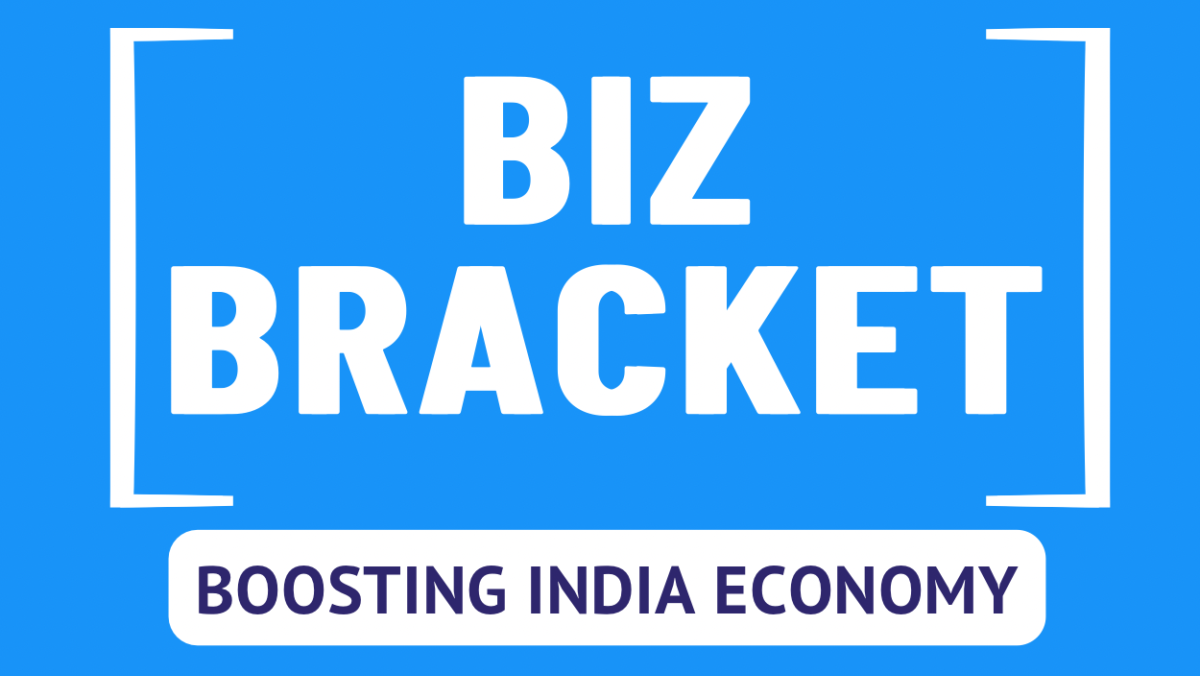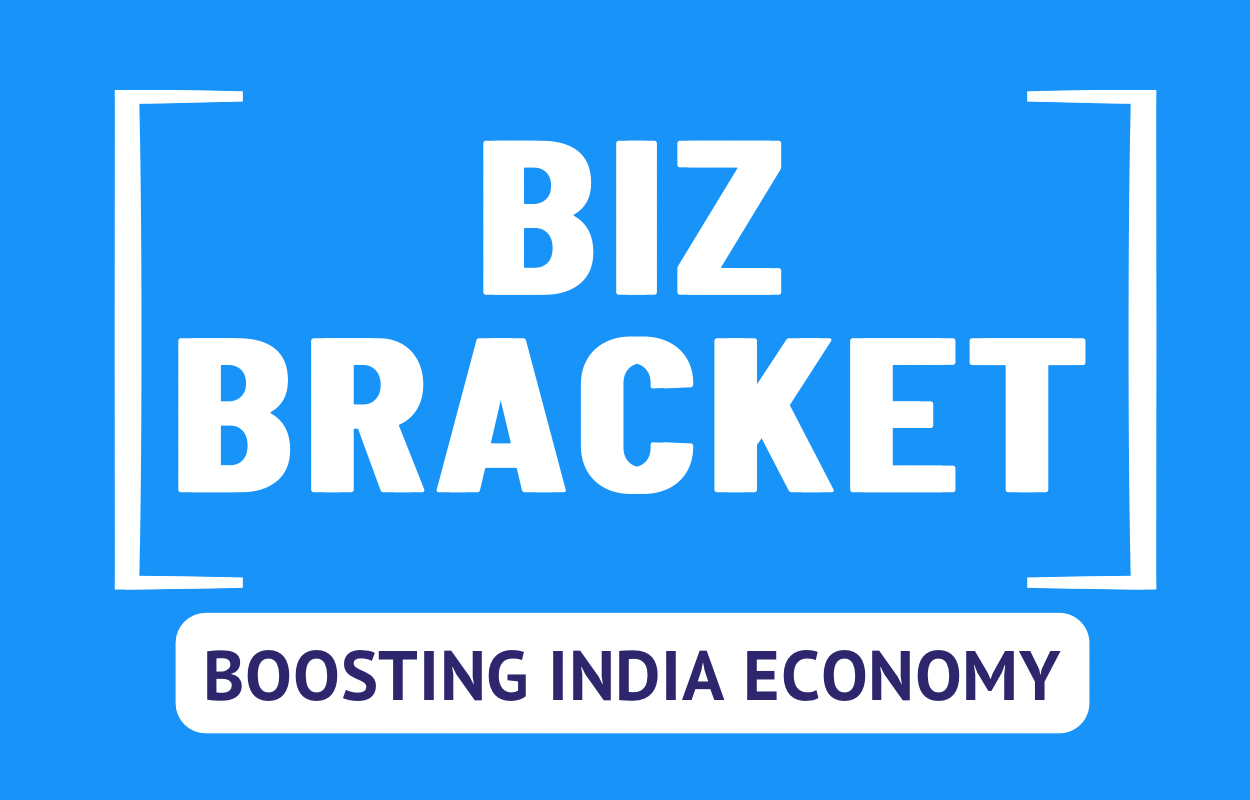Recent geopolitical upheavals in the Middle East have raised questions about China’s role in destabilizing India’s economic projects in the region. So what does this mean? Is China targeting our interests in Middle Eastern countries like Iran, Israel, and many more, or is this just a coincidence?
Following the tragic helicopter crash that killed Iranian President Ebrahim Raisi, attention has been drawn not only to Israel and the US but also to China’s strategic maneuvers. China’s increasing influence and investments around India indicate a possible effort to curb India’s growing economic power.
The concern stems from China’s investment in various economic projects around India, including developing Gwadar port in Pakistan and leasing ports in Sri Lanka, Maldives, and many more. These moves aim to strengthen China’s economic foothold and global supply chains. However, the success of these projects depends on limiting India’s economic rise, positioning India as a significant obstacle.
Impact of IMEC and INSTC Projects
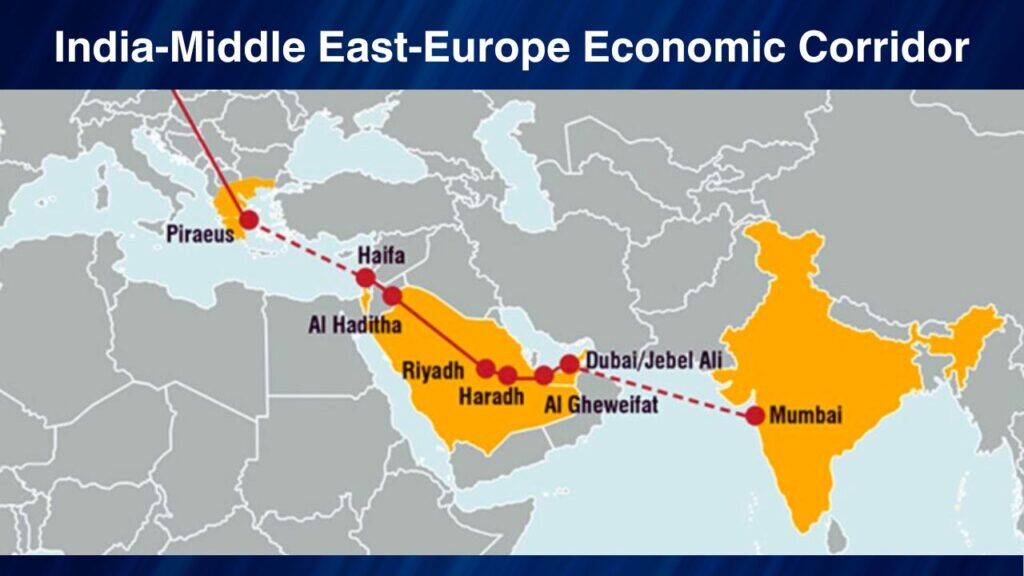
The announcement of the India-Middle East-Europe Corridor (IMEC) project at the G20 conference in India last year caused unease in China. The IMEC project, which connects India to Europe via Israel and the Middle East threatens China’s Belt and Road Initiative (BRI) by offering an alternative trade route that bypasses China entirely. Just days after the IMEC announcement, a devastating terrorist attack in Israel shifted global attention away from the project.
Similarly, the International North-South Transport Corridor (INSTC) involves a multi-modal transport route from India through Iran to Russia, with Iran’s Chabahar port playing a crucial role. The suspicious helicopter crash that killed Iranian President Raisi occurred only three days after India and Iran signed a ten-year port deal, raising further suspicions about potential sabotage.
Possible Chinese Involvement
The timing of these incidents points to a pattern that defense experts believe may indicate China’s involvement. Retired Lt. Col. JS Sodhi, a defense and strategic affairs analyst, highlights the possibility of Chinese efforts to undermine India’s strategic connectivity and economic influence. This aligns with China’s broader strategy, as outlined in the book “Unrestricted Warfare” by two PLA Army Officers, which describes future warfare in all domains, including economic.
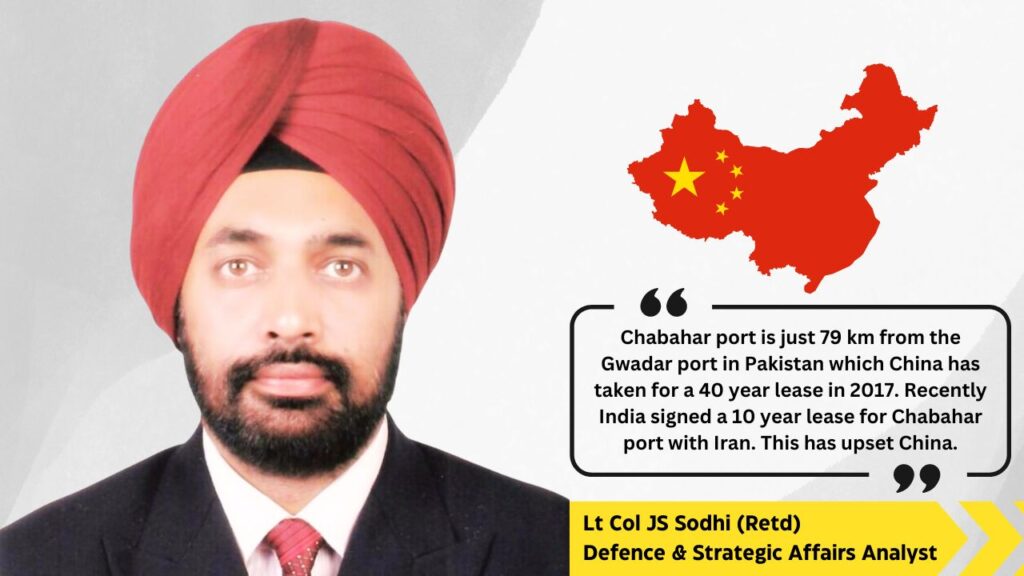
China’s increasing trade with India, despite ongoing geopolitical tensions, illustrates its dual approach. While engaging in economic partnerships, China may simultaneously seek to destabilize India’s strategic projects. For instance, the proximity of Iran’s Chabahar port to Pakistan’s Gwadar port, which China leases for 40 years, underscores the competitive dynamics at play.
China’s Economic Strategy
China’s efforts to disrupt India’s economic projects in the Middle East can be seen as part of a larger strategy to maintain regional dominance. The surge in trade between China and India, which reached an all-time high of USD 136.2 billion in 2023, contrasts sharply with the geopolitical tensions, suggesting that China is using economic ties to its advantage.
Key Insights:
- Strategic Importance: India’s IMEC and INSTC projects are crucial for its economic connectivity and bypassing Chinese routes.
- Geopolitical Tensions: The timing of recent geopolitical incidents suggests possible Chinese interference.
- Economic Rivalry: China and India’s economic strategies are deeply intertwined, with significant implications for regional stability.
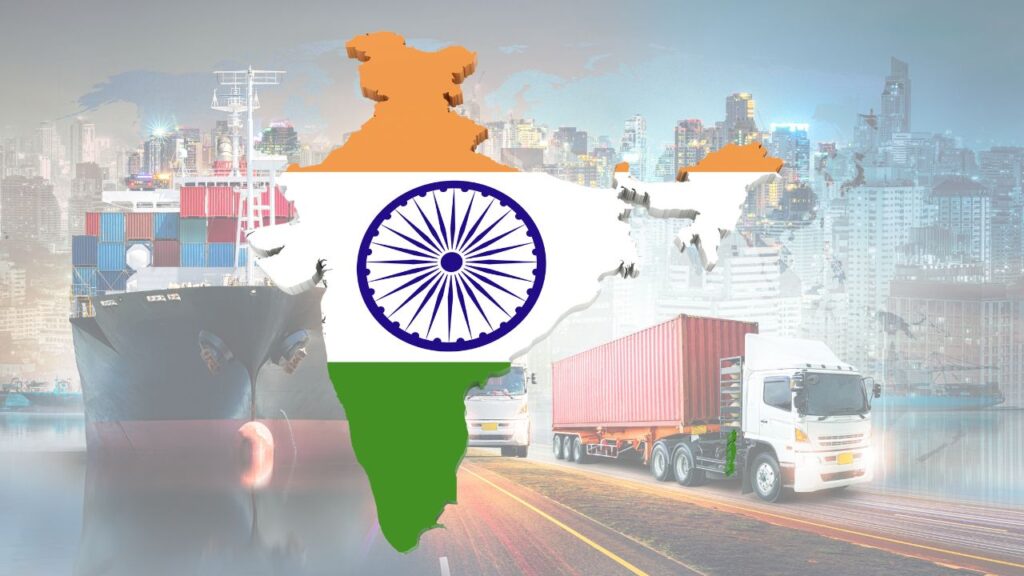
As India strengthens its economic outreach through initiatives like IMEC and INSTC, the potential for Chinese interference remains a significant concern. The global community, along with India, must monitor these developments closely and prepare to respond to any actions that threaten regional stability and economic growth.
The future of India’s economic projects in the Middle East may depend on a delicate balance of strategic diplomacy and robust defense measures. The world will be watching to see how India navigates these challenges and what steps it takes to safeguard its economic interests against potential adversarial actions from China.
